
Benjamin belongs to a circle from the Frankfurt Institute of Social Research: Adorno, Horkheimer, Pollock, Erich Fromm and Günther Anders. First and foremost he is convinced that change in social conditions should be reflected in each and every research paper. This is a materialistic, Marxist approach from the 1920s, a complete break with traditional bourgeois research. Secondly it is important for there to be interaction between various disciplines, for instance, sociology, philosophy and politics and also literature, art and music.


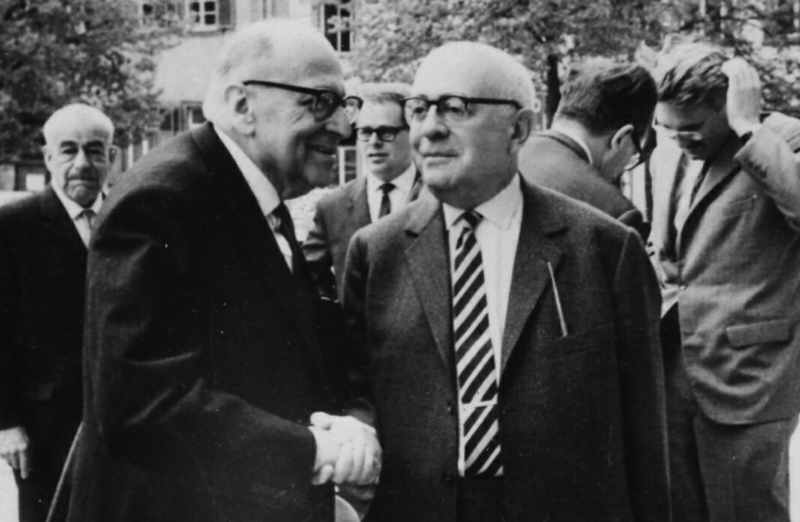

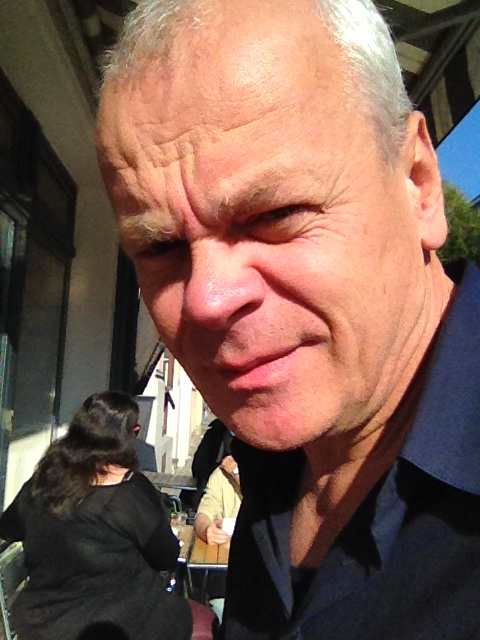

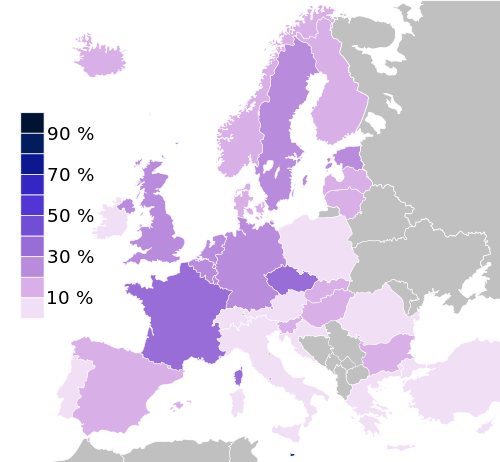

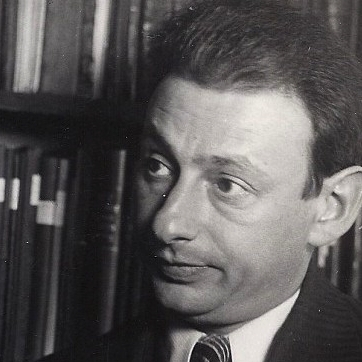

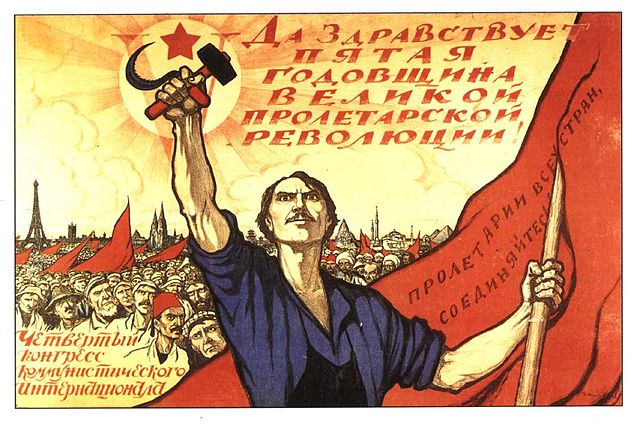


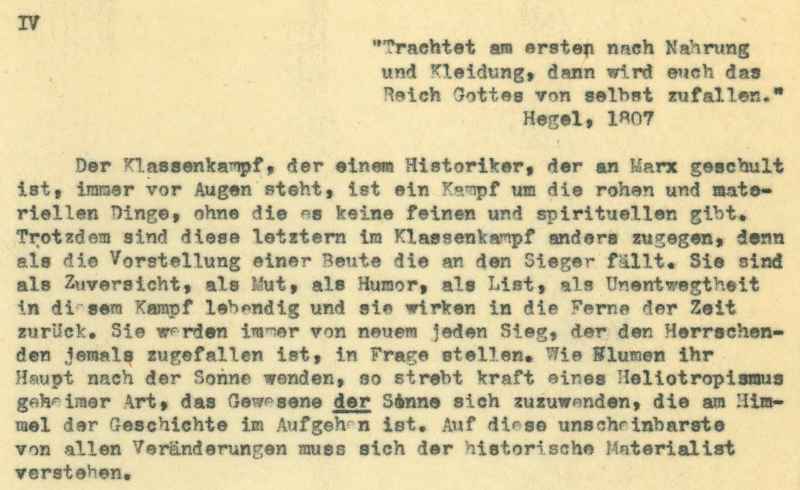
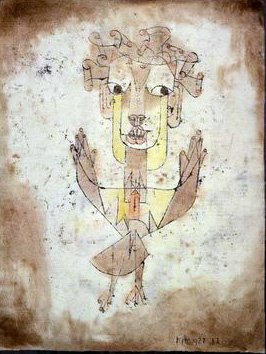





 , Wolfgang Schirmacher - The Frankfurt School [EN]
, Wolfgang Schirmacher - The Frankfurt School [EN] 

